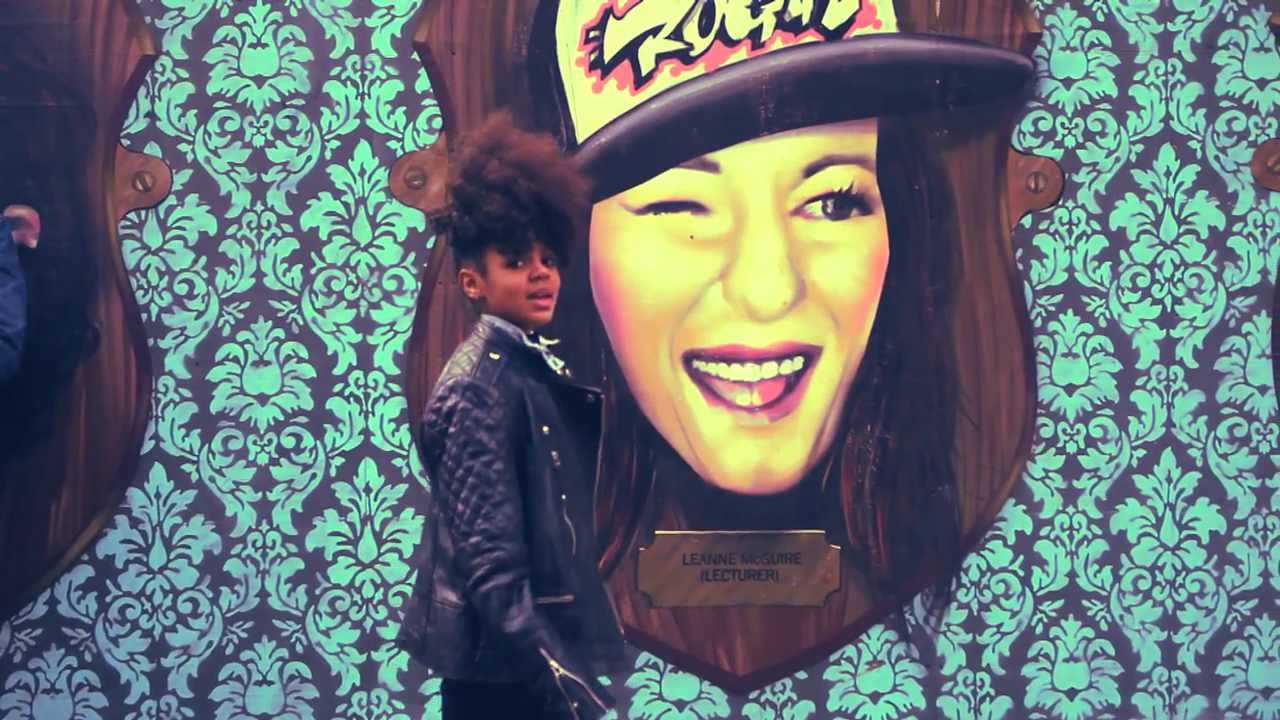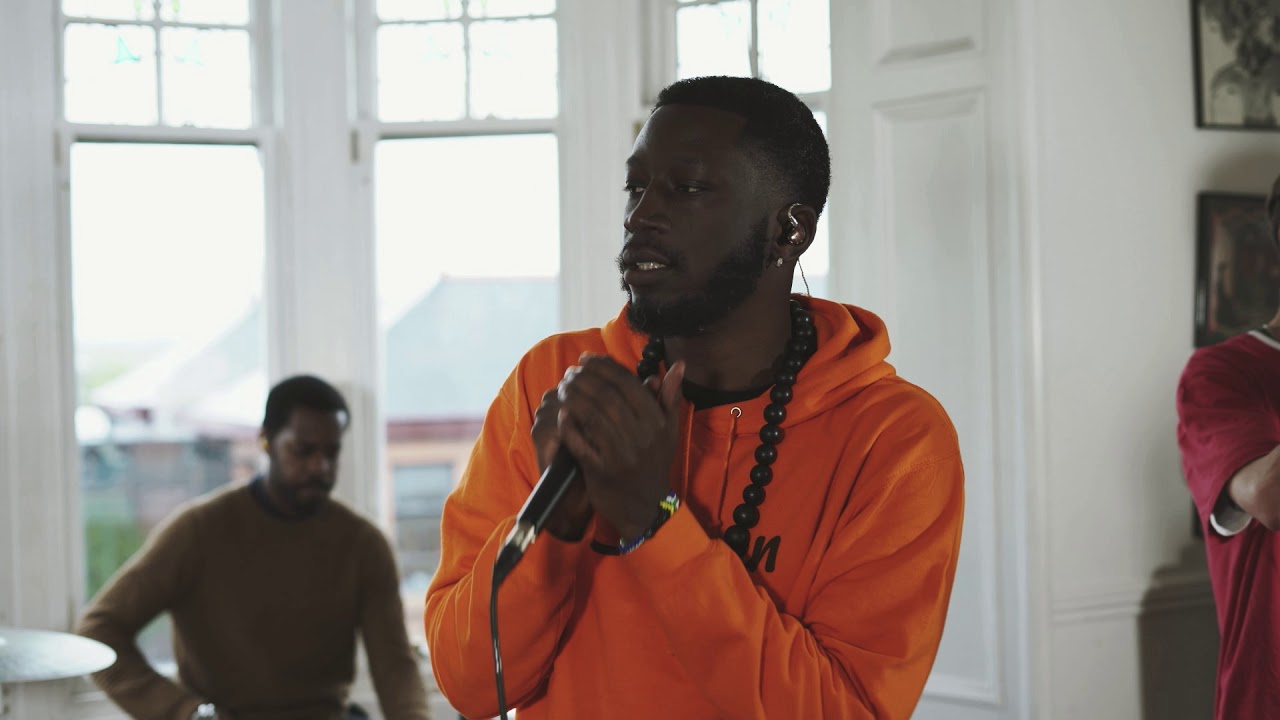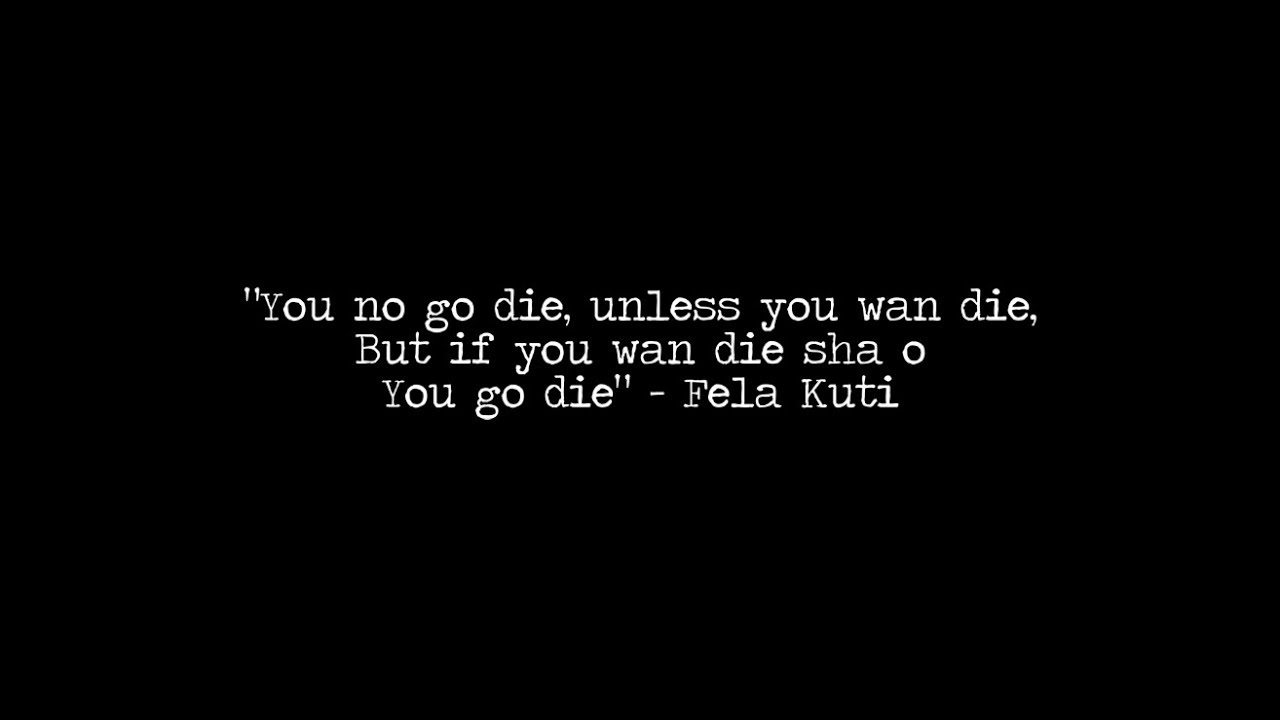Portrait by Ryan Johnston
Something wild is happening in the boom boom room. Stacks of egg crates, borrowed from the neighbour who rears chickens line the solitary cupboard where most of the booming takes place, a single microphone propped up inside. Clothes are scattered across the floor. A woman’s voice shouts from downstairs, drowned out by the beats: Ghanaian hip hop collective the Haatsville Project are in session, and among them a teenage Kobi Onyame.
A couple of decades later I’m sat outside a Brighton bar with Onyame, fresh from a joyous set at The Great Escape, and reliving the memories of those formative days back in Accra. "My mum would call my bedroom the ‘boom boom room’ because she would say there was always ‘boom boom’ sounds coming from the room," he recalls with a smile. Recording over his own beats with nine other hip hop fanatics, the sound quality may not have been the highest calibre ("atrocious" is the word Onyame uses), but it was enough to get them noticed.
"So we got quite a name for recording these terrible demos, rapping over b-sides made in my bedroom on my laptop. I recorded a song off that mixtape called ‘With Me’ – again very, very bad recording, and the worst American accent you ever heard, because obviously back then we all wanted to be American," he laughs. "I got played on national Ghana radio, and from then I thought, ‘Yeah, I really wanna do this.’"
If US hip hop was regarded as the gold standard to emulate, Onyame’s career has taken him within touching distance of some of the all-time greats. Now a resident of Glasgow, support slots in the city have already seen him open for the likes of Nas, De La Soul, Wu-Tang Clan, and Kanye West (the latter on 2008’s Glow in the Dark Tour.) His latest album GOLD proved to be something of a breakthrough, receiving a nomination for last year’s Scottish Album of the Year Award.
Nonetheless, GOLD remains indebted to West African influences, originating way before the Haatsville Project and back to his childhood. "Both my parents would play highlife and gospel music in the house, and my dad would always play traditional Ghanaian music also in the car," he tells me.
"The title track to my album Green Green Grasses was an interpolation of an old Ghanaian nursery rhyme. Every release I’ve brought out there’d be one or two songs that have that Afrobeat sound, and then the others would be more boom bap hip hop. But GOLD was the first time that I did a complete project exploring that sound."
Watching him perform in Brighton’s One Church, the Afrobeat influence shines through much more in a live setting – unsurprising, perhaps, for a style of music that’s always been geared toward the live experience first and foremost. One of the songs in today’s set is ‘DMCRZY’, a track born from Fela Kuti’s musings on democracy as a "demonstration of craziness" during a BBC interview; Femi Kuti also recorded a song called ‘Demo Crazy’, and the idea has become something of an Afrobeat standard. Onyame stresses that’s more a frustration with democracy’s failure to support minorities than a call to fascism: "Looking around the world, and perhaps coming from an economics background [Onyame holds a masters degree in Economics], I don’t believe in the existence of true democracy," he says. "Because, as I said on stage, it can only exist if the majority don’t bully the minority. Everywhere you look you see the majority bullying the minority, and that’s not what democracy is."
I ask whether it’s something he sees happening in the UK today. "Definitely! The Tories sit at the top saying, ‘We have the right and the power to do it, so we’ll let you pay for it.’ It’s the people who have nothing that usually end up paying for it. That’s the world we live in. And if you look around the world, you see it happening in places like Africa too: African countries are struggling with mad democracies, politicians that sit in power, feeding their families and forgetting about the masses. It’s happening in America too." And the poorest in society still get the lion’s share of the blame? "Exactly. The bank will chase you for a tenner, they’ll send you letters and hunt you down. But at the other end of the scale, as you say, people are tax-dodging millions and getting away with it. It’s crazy."
Throughout the conversation, Onyame refers frequently to his ‘purpose’. Born Kwame Osei-Barfour, he adopted the stage name Kobi Onyame following the death of his mother in 2008, just a few months after the release of his debut album Unsigned & Hungry; ‘Kobi’ is an acronym of his real name, while ‘Onyame’ means God or Christ in Akan. Although he’d been "dragged to church by the ear" by his mother from a young age, her passing instilled a new-found faith in the artist. "It’s basically a reminder of my own faith and my identity within my faith. I’m a firm believer that our identity is held in something higher, and that’s what makes us great people… I think we’re meant to be here to love each other. That’s really what it’s about.
"I’m not claiming to be a perfect person at all, far from it. But I think in life we everyone asks questions, and there’s certain lessons along the way. The idea of GOLD, for example: I wrote that song because of what I was going through. I kept feeling like I was coming up short and I was getting frustrated. But you know, if I’m feeling like that, chances are someone else out there’s feeling it too, so it’s a song that maybe they could relate to. Every song’s got a message."
A new album’s pencilled in for spring 2020, but in the meantime there’s the festival circuit to navigate; he played TRNSMT this weekend for example. Does rap superstardom appeal, the kind that he witnessed first hand on all those support slots? Onyame laughs at the suggestion. "You know what? If you had asked me that ten years ago, I would’ve said yes and I would’ve done anything for rap superstardom, for all the wrong reasons. Today, superstardom appeals only to my purpose – not to me. I want my music and message to gain popularity. After all, it’s the music that lives on."





